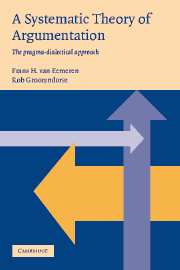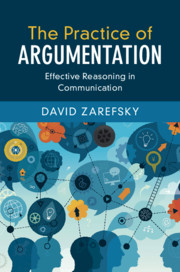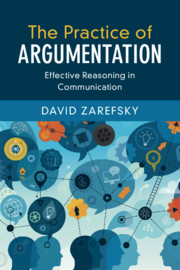A Systematic Theory of Argumentation
In this book two of the leading figures in argumentation theory present a view of argumentation as a means of resolving differences of opinion by testing the acceptability of the disputed positions. Their model of a 'critical discussion' serves as a theoretical tool for analysing, evaluating and producing argumentative discourse. They develop a method for the reconstruction of argumentative discourse that takes into account all aspects that are relevant to a critical assessment. They also propose a practical code of behaviour for discussants who want to resolve their differences in a reasonable way. This is a major contribution to the study of argumentation and will be of particular value to professionals and graduate students in speech communication, informal logic, rhetoric, critical thinking, linguistics, and philosophy.
- Sales of Walton Informal Logic indicates strength of this market
- An advanced book, not a textbook, that could do very well for us given the reputation of authors (Amsterdam is major center for research in critical reasoning)
Reviews & endorsements
'This is the most important argumentation theory in the world today. It is the only theory that incorporates a developed underlying philosophical perspective with a complete elaboration of a theory and a full account of its practical applications. It is the only theory that integrates insights from the complete range of fields in which argumentation is studied (among others: linguistics, philosophy of language, logic, communications, rhetoric) … It has had simply a huge influence on argumentation studies around the world.' J. Anthony Blair, University of Windsor
'… a major event in argumentation theory scholarship.' Michael C. Leff, Northwestern University
Product details
January 2004Paperback
9780521537728
226 pages
229 × 152 × 13 mm
0.34kg
2 b/w illus.
Available
Table of Contents
- 1. Introduction
- 2. The realm of argumentation studies
- 3. A model of a critical discussion
- 4. Relevance
- 5. Analysis as reconstruction
- 6. Rules for a critical discussion
- 7. Fallacies
- 8. A code of conduct for reasonable discussants.





